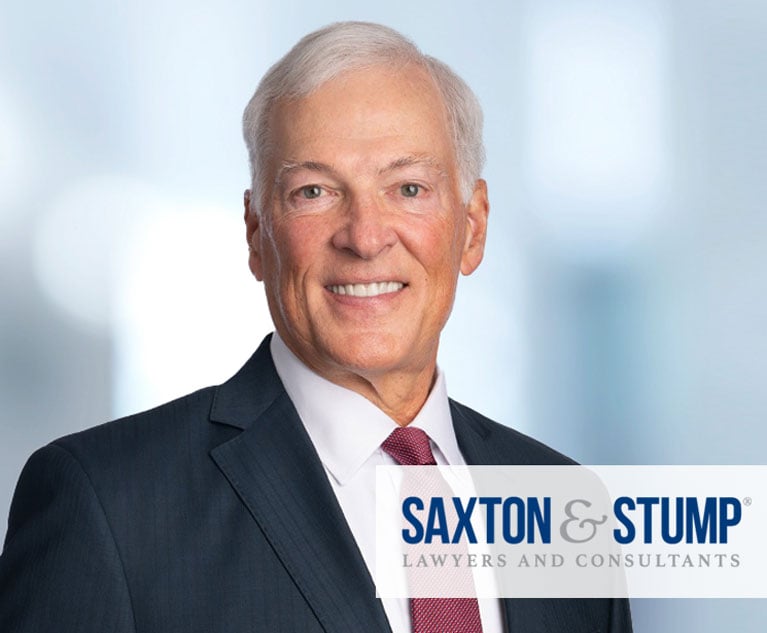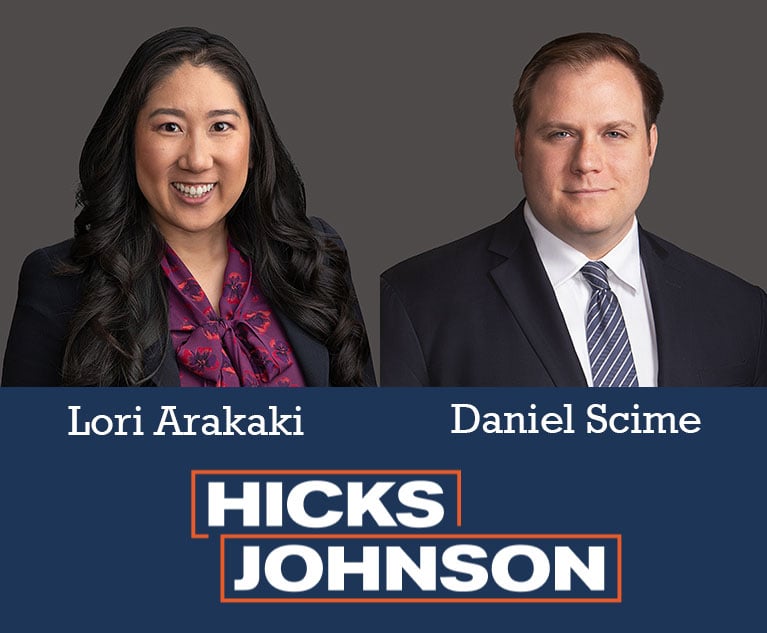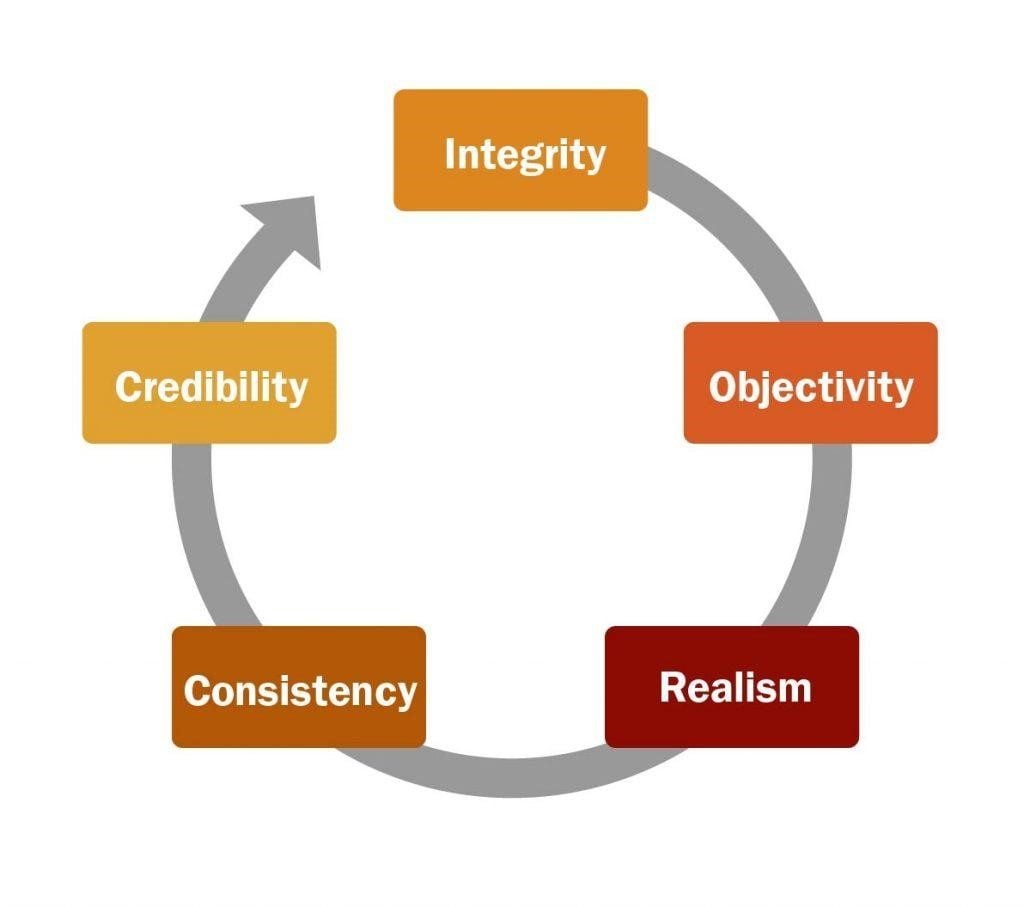9. Clients Want You to Face (and Communicate) the Realities
Never hide from uncomfortable facts. A head-in-the-sand mentality is a waste of time and won't help your client.
April 19, 2021 at 12:36 AM
4 minute read
The original version of this story was published on Lean Adviser
When it comes to negative information, the first set of questions lawyers often ask are about "how":
How can I spin this?
How could I present that?
But a better set of questions that better serve transparency to clients is 'what':
What happened?
What are the brutal facts?
What are the durable realities?
What is the effect of them?
What can be done to mitigate the situation?
After that, it is completely appropriate to ask 'why' and 'how.' Root cause analysis techniques definitely have a place — but first ask 'what.' In risk assessment terms, the brutal facts are not the peril. The peril is not recognizing them. Recognizing them is what clients expect. It is part of the service they hope you are providing.
REVIEW RELATED TOOL: Facing Reality Checklist
Lawyers, especially trial lawyers, are taught to contend, to stake out a position and argue it. But that needs to be rethought. The business of objective analysis has no room for contention.
Good execution of a legal project should be a virtuous circle. It's an approach which starts and ends with integrity, with due prominence given to objectivity and realism.
Even so, it can be an alluring trap for all of us. The psychologist, Daniel Kahneman, author of "Thinking, Fast and Slow," reminds us that the human brain sometimes works in odd ways and we are not quite as rational, logical decision makers as we might like to think. As lawyers we can all fall into the trap of not analyzing data with enough rigor or objectivity. The temptation to 'contend' might come from conditioning, learned behaviors or even our DNA. It doesn't help that 'contention' is not frowned upon. It should be, it's dangerous. Why? Because you cannot safely run a transaction or fight a case on facts you don't have or law that should exist.
The exit doors of meeting rooms and courthouses are regularly pushed open by lawyers whose romanticized view of the world has just been displaced by realism. Contention, together with wish-fulfilment, are often the root cause. This practice of contention explains why witnessing a debate between opposing lawyers can sometimes be a dispiriting spectacle, if each is promoting 'contended realities' upon the other. But it is deeper than that. By seeking to justify contentions rather than durable realities, we place ourselves at risk of asking the wrong questions and cherishing the wrong points.
This phenomenon is particularly evident for trial lawyers. Trial lawyers have an expression that starting a lawsuit is like making an appointment with the truth. A contentious lawyer who sets about an investigation may well seek nuggets not truths. If encountering a helpful point, the contentious lawyer may seek to exploit, embellish and exaggerate. The lawyer may contend that it's more than it is and so seek to imbue it with an enhanced reality. If he or she encounters an unhelpful point, he or she may seek to resist it, deny it or spin it. In other words, the lawyer may try to airbrush it out of the picture, in the manner of Ockam's broom. At the extremes, of course, this led to the infamous shredding episodes at Enron and elsewhere.
Contention, of course, is not to be confused with the legitimate skill of making the best of what you've got. To contend is to make the best of what you haven't got. In individual cases, of course, contention can succeed in beguiling an opponent or a jury. But the approach is fundamentally flawed, it is a 'set up to fail' strategy.
Do the right thing Work when it's time Only do not contend And you will not go wrong
— Lao Tzu, The Art of War, Verse 8
NOT FOR REPRINT
© 2025 ALM Global, LLC, All Rights Reserved. Request academic re-use from www.copyright.com. All other uses, submit a request to [email protected]. For more information visit Asset & Logo Licensing.
You Might Like
View All
Former Federal Judge Christopher Conner Joins Saxton & Stump as Attorney and Shareholder
2 minute read
Gibbons Reps Asylum Seekers in $6M Suit Over 2018 ‘Inhumane’ Immigration Policy
3 minute read
Fellows LaBriola LLP is Pleased to Announce that Alisha Goel Has Become Associated with The Firm
1 minute read
Hicks Johnson Promotes Lori Arakaki and Daniel Scime to Firm Partnership
2 minute readTrending Stories
- 1New York-Based Skadden Team Joins White & Case Group in Mexico City for Citigroup Demerger
- 2No Two Wildfires Alike: Lawyers Take Different Legal Strategies in California
- 3Poop-Themed Dog Toy OK as Parody, but Still Tarnished Jack Daniel’s Brand, Court Says
- 4Meet the New President of NY's Association of Trial Court Jurists
- 5Lawyers' Phones Are Ringing: What Should Employers Do If ICE Raids Their Business?
Who Got The Work
J. Brugh Lower of Gibbons has entered an appearance for industrial equipment supplier Devco Corporation in a pending trademark infringement lawsuit. The suit, accusing the defendant of selling knock-off Graco products, was filed Dec. 18 in New Jersey District Court by Rivkin Radler on behalf of Graco Inc. and Graco Minnesota. The case, assigned to U.S. District Judge Zahid N. Quraishi, is 3:24-cv-11294, Graco Inc. et al v. Devco Corporation.
Who Got The Work
Rebecca Maller-Stein and Kent A. Yalowitz of Arnold & Porter Kaye Scholer have entered their appearances for Hanaco Venture Capital and its executives, Lior Prosor and David Frankel, in a pending securities lawsuit. The action, filed on Dec. 24 in New York Southern District Court by Zell, Aron & Co. on behalf of Goldeneye Advisors, accuses the defendants of negligently and fraudulently managing the plaintiff's $1 million investment. The case, assigned to U.S. District Judge Vernon S. Broderick, is 1:24-cv-09918, Goldeneye Advisors, LLC v. Hanaco Venture Capital, Ltd. et al.
Who Got The Work
Attorneys from A&O Shearman has stepped in as defense counsel for Toronto-Dominion Bank and other defendants in a pending securities class action. The suit, filed Dec. 11 in New York Southern District Court by Bleichmar Fonti & Auld, accuses the defendants of concealing the bank's 'pervasive' deficiencies in regards to its compliance with the Bank Secrecy Act and the quality of its anti-money laundering controls. The case, assigned to U.S. District Judge Arun Subramanian, is 1:24-cv-09445, Gonzalez v. The Toronto-Dominion Bank et al.
Who Got The Work
Crown Castle International, a Pennsylvania company providing shared communications infrastructure, has turned to Luke D. Wolf of Gordon Rees Scully Mansukhani to fend off a pending breach-of-contract lawsuit. The court action, filed Nov. 25 in Michigan Eastern District Court by Hooper Hathaway PC on behalf of The Town Residences LLC, accuses Crown Castle of failing to transfer approximately $30,000 in utility payments from T-Mobile in breach of a roof-top lease and assignment agreement. The case, assigned to U.S. District Judge Susan K. Declercq, is 2:24-cv-13131, The Town Residences LLC v. T-Mobile US, Inc. et al.
Who Got The Work
Wilfred P. Coronato and Daniel M. Schwartz of McCarter & English have stepped in as defense counsel to Electrolux Home Products Inc. in a pending product liability lawsuit. The court action, filed Nov. 26 in New York Eastern District Court by Poulos Lopiccolo PC and Nagel Rice LLP on behalf of David Stern, alleges that the defendant's refrigerators’ drawers and shelving repeatedly break and fall apart within months after purchase. The case, assigned to U.S. District Judge Joan M. Azrack, is 2:24-cv-08204, Stern v. Electrolux Home Products, Inc.
Featured Firms
Law Offices of Gary Martin Hays & Associates, P.C.
(470) 294-1674
Law Offices of Mark E. Salomone
(857) 444-6468
Smith & Hassler
(713) 739-1250









